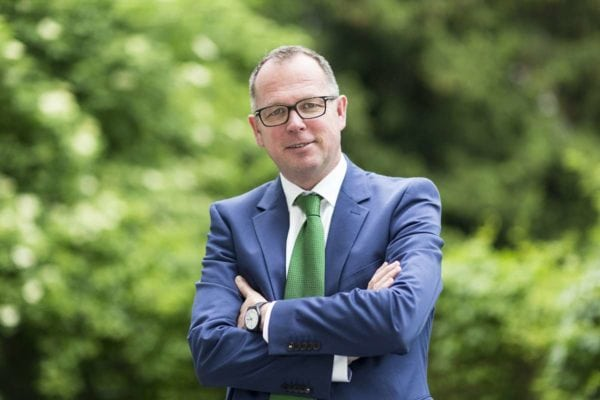Explaining the Council's failure by saying it has not yet been implemented- an argument well past its sell-by-date
Jesuit Batlogg: Potential of the Council not yet exhausted
Religious and theologian calls for patience with Synodal Process in "Kirche bunt" interview - Church "neither a museum nor a Life-Jesus-Memorial Society"
According to the Jesuit Andreas Batlogg, the Second Vatican Council (1962-1965) has not only been an essential impulse for change for the Catholic Church in the past, but can also be so in the current Synodal Process: "The potentials that this Council released are far from exhausted. That is why we must not turn it into a museum," said the former editor-in-chief of the theological magazine "Stimmen der Zeit" in an interview with the St. Pölten church newspaper "Kirche bunt" (current issue). Batlogg gave a lecture on 60 years of the Council and the Synodal Process on Monday evening at the Otto Mauer Centre in Vienna and will also speak about it on Friday evening (3 March) at the St. Pölten Education Centre of St. Hippolyt.
As far back in time as the Council may be for today's theology students, who already regard it as the "Stone Age of Church History", its importance should not be underestimated today, Batlogg emphasised. "It was a tremendous departure at that time. The Council brought 'fresh air' into the Church." Pope John XXIII's concern at that time was "that the Church should deal with modernity and enter into dialogue with it. But not in a defensive or condemning way, but by looking at the positive." Before that, it had been quite different, said the religious, who was born a week before the start of the Council.
In the understanding of the Church as the "pilgrim people of God", in the liturgy in the mother tongue instead of only in Latin, in ecumenism, in dialogue with non-Christian religions or in matters of religious freedom and freedom of conscience, the Council had changed a lot. Nevertheless, the Church has not yet fully become the "Church of the Second Vatican Council", Batlogg found. In the course of the last decades, a "narrowness" had again set in and there had been "here and there a deconstruction of some Council decisions". Those who wanted to "go back to before the Council" were described by the Jesuit as "liturgical and theological nostalgics".
(Cathcon: almost 2000 years of Church history trashed if students think the 1960s is the Stone Age....famously Pope Paul VI thought the smoke of Satan had entered the Church....and that is not fresh air!)
The Vorarlberg-born religious pleaded for a constant development of the Church. After all, he said, it was neither a museum nor a "Life of Jesus Memorial Society", and the liturgy was not a "cult of the dead". As uncertain as the future shape of the Church is, it must be "a serving Church, a Church of open doors, a Church that does not revolve around itself, but goes out" to "geographical and existential peripheries". The Church must always "stand alongside the poor, the disadvantaged and the marginalised" and give them a voice.
Batlogg expressed great hopes for the Church to "speak differently and act differently" with regard to the ongoing Synodal Process of the Universal Church. Participation, which is at the core of a synodal Church, is de facto a "loss of power for bishops", which is why he is hardly surprised by the resistance to this development. As with the Vatican Council before it, however, patience is needed for the "rethinking", as synodal processes always take a long time. All in all, the Synod was a "learning process for everyone: bishops and theologians as well as normal believers".
Maybe the extensive horror of the Second Vatican Council Remembrance Church in Vienna can help put the Council in its proper place. It could also be called the Second Vatican Council Memorial Church.....an unquiet grave.










.jpeg)

Comments